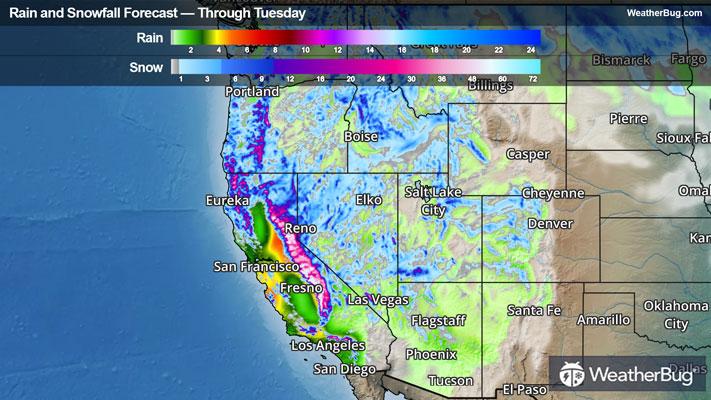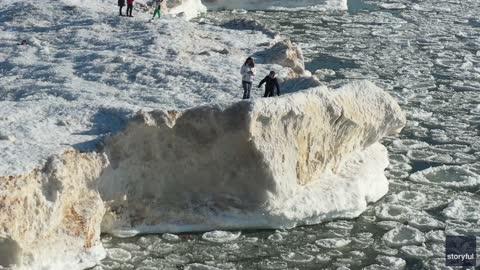
Atmospheric River Douses Northwest, Mountain West
The wet winter this year has already created a strong dichotomy from the dry and active winter of 2025.
Read More
Weather Station:WeatherBug
79degrees Fahrenheit
Feels like:79°F
Hi: 86Lo: 77
Partly Cloudy
Hi86°F
Partly cloudy. High temperature around 86F. Dew point will be around 74F with an average humidity of 72%. Winds will be 8 mph from the E.
Lo77°F
Partly cloudy. Low temperature around 77F. Dew point will be around 72F with an average humidity of 91%. Winds will be 9 mph from the E.

38 | Fair
-- Not Available
Closest strike in the last 30 minutes:0.0 miles
Not available